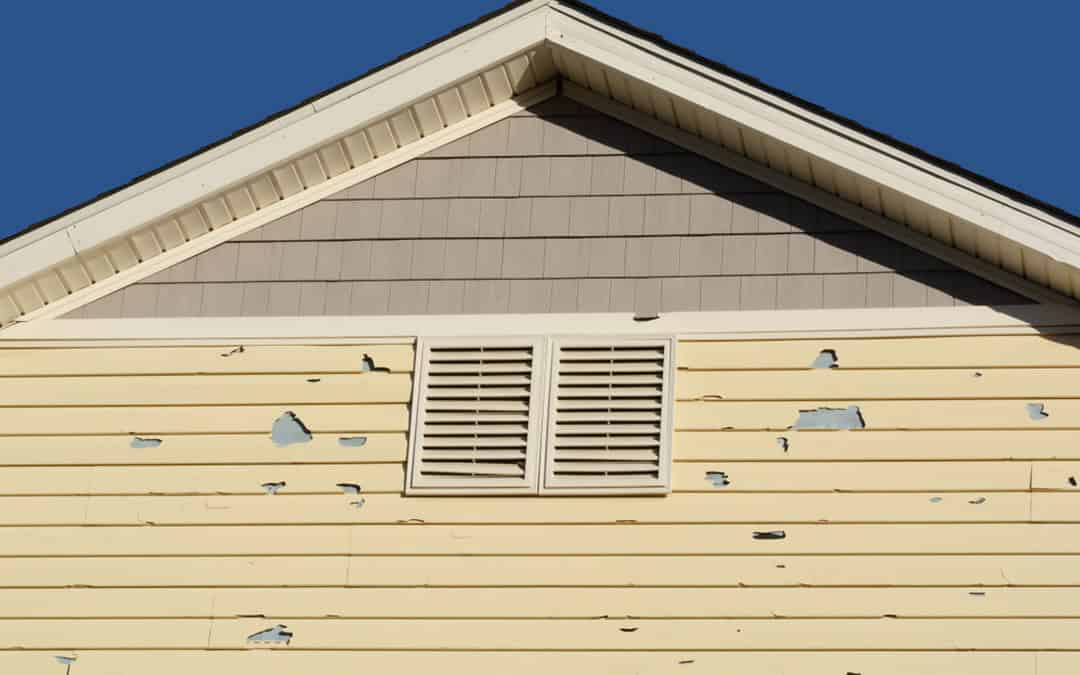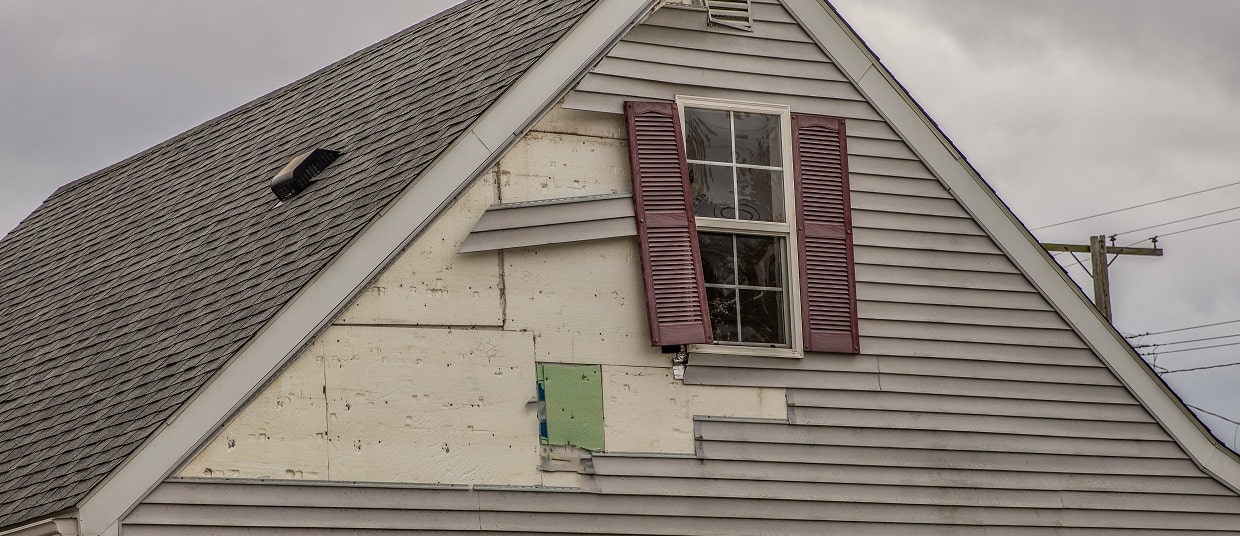Does Insurance Cover Siding Falling Off Your Home? – Exploring Coverage and Claims

When it comes to the unexpected event of siding falling off your home, the question of insurance coverage looms large. Understanding what your policy includes and how to navigate a potential claim can make all the difference. Let's delve into the intricacies of this topic.
As we unravel the nuances of siding insurance coverage, we'll explore common incidents, policy types, and essential steps to take in case of siding damage.
Definition of Siding Insurance Coverage

When it comes to siding insurance coverage, it is essential to understand what incidents are typically covered to ensure your home is adequately protected. Siding insurance is a component of your homeowner's insurance policy that helps cover the costs of repairing or replacing damaged siding on your home.
What Siding Insurance Typically Covers
- Damage from natural disasters such as storms, hail, or wind
- Accidental damage caused by falling objects
- Fire damage that affects the siding
Importance of Understanding a Standard Policy
It is crucial to be aware of what is included in a standard siding insurance policy to avoid any surprises when filing a claim. Knowing the coverage limits, deductibles, and exclusions can help you make informed decisions about your policy and ensure you have the right level of protection for your home.
Factors Affecting Siding Insurance Coverage

When it comes to insurance coverage for siding falling off your home, there are several factors that can influence whether or not your claim will be approved. Factors such as maintenance, upkeep, age, and condition of the siding play a crucial role in determining coverage.
Maintenance and Upkeep of Siding
Proper maintenance and regular upkeep of your siding can have a significant impact on whether insurance will cover siding that falls off your home. Insurance companies may deny claims if they determine that the damage was a result of neglect or lack of maintenance on the part of the homeowner.
It is essential to inspect your siding regularly, address any issues promptly, and keep up with necessary repairs to ensure coverage in case of damage.
Age and Condition of the Siding
The age and condition of your siding can also affect insurance claims for siding falling off your home. Older siding that is worn out, cracked, or damaged may not be covered by insurance, as it could be considered a pre-existing condition.
Insurance companies may view old or deteriorating siding as a maintenance issue that should have been addressed before the damage occurred. It is crucial to replace or repair siding that is showing signs of wear and tear to avoid potential coverage denials in the future.
Types of Home Insurance Policies
When it comes to home insurance, there are different types of policies available to homeowners. These policies vary in coverage and cost, so it's essential to understand the differences between them.
Basic Policies
Basic home insurance policies typically provide coverage for specific perils, such as fire, theft, and vandalism. They may not include coverage for certain types of damage, like siding falling off your home. In such cases, homeowners may need to purchase additional coverage or a more comprehensive policy.
Comprehensive Policies
Comprehensive home insurance policies offer broader coverage than basic policies. They often include coverage for a wider range of perils, including accidental damage to your home's siding. While comprehensive policies may cost more than basic ones, they can provide greater peace of mind knowing that you are protected from a variety of risks.
Handling Siding Damage
The way each type of policy handles siding damage can vary
Steps to Take When Siding Falls Off

When your siding falls off your home, it can be a stressful situation. However, taking the right steps promptly can help you navigate the insurance claims process smoothly.
Immediate Actions to Take
- Contact your insurance company: Inform your insurance provider about the damage as soon as possible to start the claims process.
- Document the damage: Take photos of the area where the siding fell off to provide visual evidence for your claim.
- Secure the area: If there are any safety hazards due to the missing siding, take measures to prevent accidents or further damage.
Guidance on Documenting for Insurance Claims
- Include date and time stamps: Make sure your photos have timestamps to show when the damage occurred.
- Capture the extent of the damage: Take close-up shots and wider-angle photos to give a comprehensive view of the impact.
- Keep all receipts: Save any receipts for temporary repairs or expenses related to securing the damaged area.
Navigating the Claims Process with Insurance Companies
- Follow up regularly: Stay in touch with your insurance company to track the progress of your claim and provide any additional information they may need.
- Review your policy: Understand what your insurance policy covers regarding siding damage to ensure you receive the appropriate compensation.
- Work with contractors: Get estimates from reputable contractors for the repair costs, and share this information with your insurance adjuster.
Last Point
In conclusion, knowing the ins and outs of insurance coverage for siding falling off your home can provide peace of mind and financial security. By being proactive and informed, homeowners can effectively handle unexpected situations and protect their valuable asset.
FAQ Guide
Does insurance cover siding falling off due to wear and tear?
Insurance typically covers sudden and accidental damage rather than wear and tear. It's essential to review your policy to understand the specific coverage.
Will insurance cover siding falling off during a storm?
In most cases, storm damage is covered by insurance policies. However, the extent of coverage may vary, so it's crucial to check your policy details.
What should I do if my siding falls off unexpectedly?
Immediately document the damage with photos, contact your insurance provider to report the incident, and follow their guidance on filing a claim.

